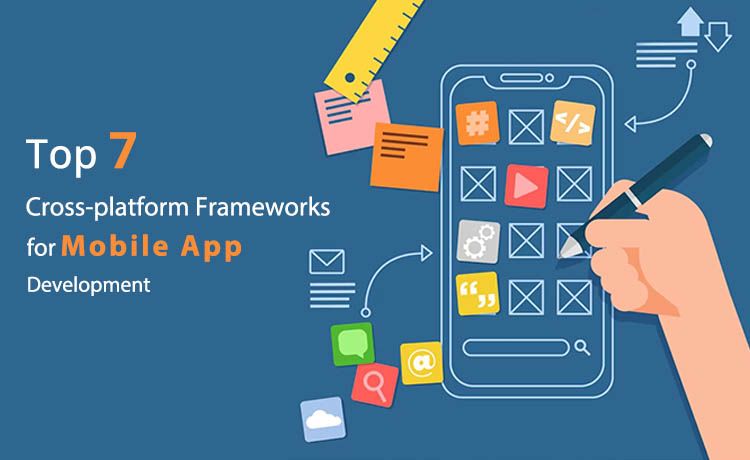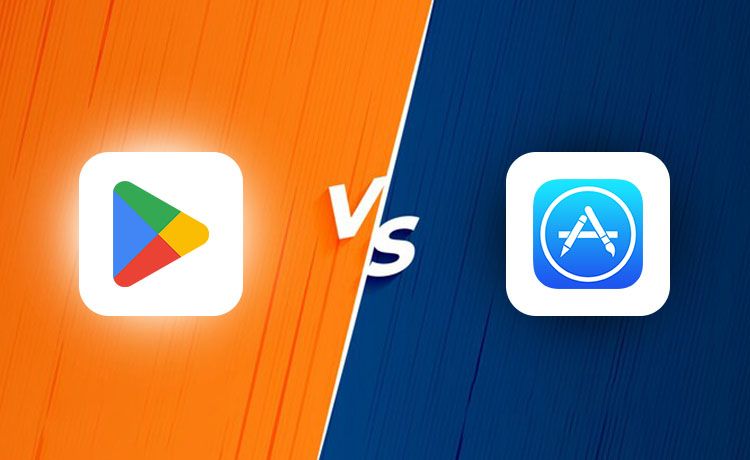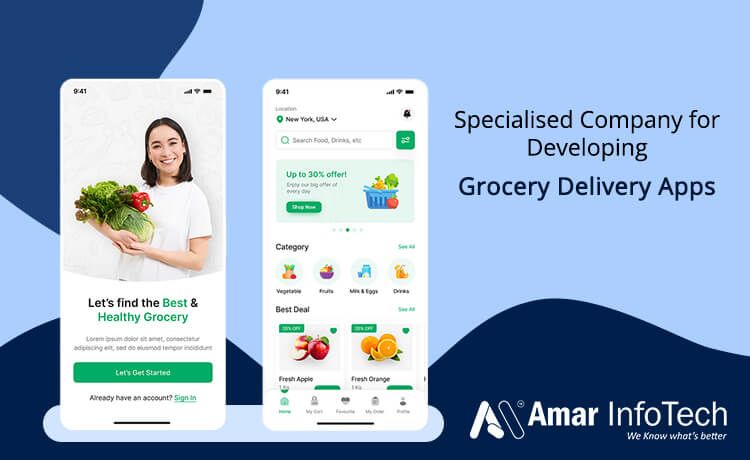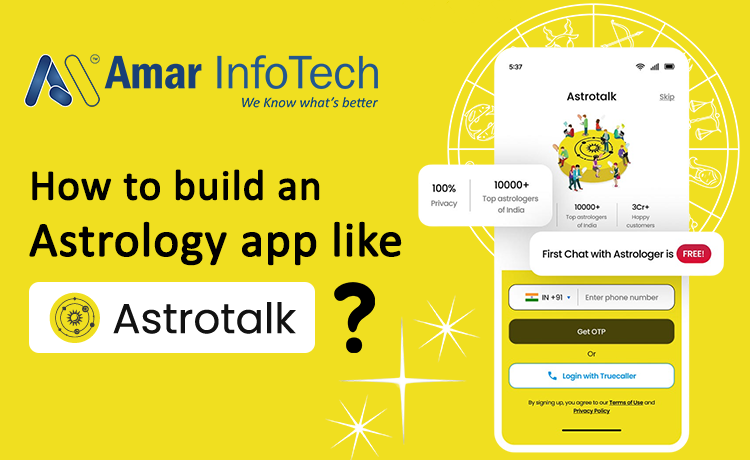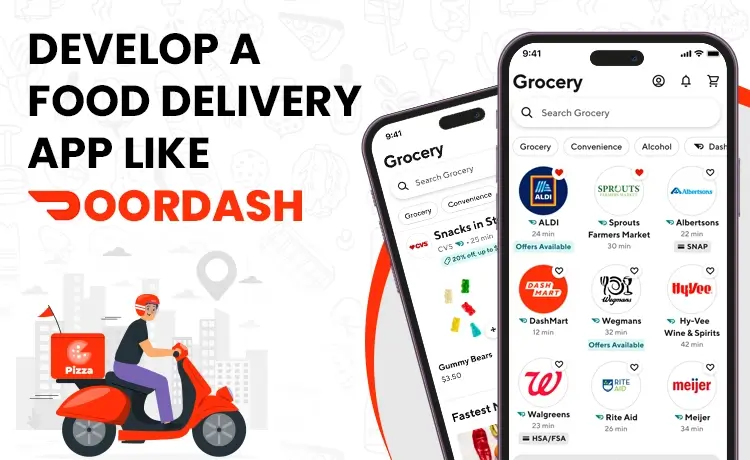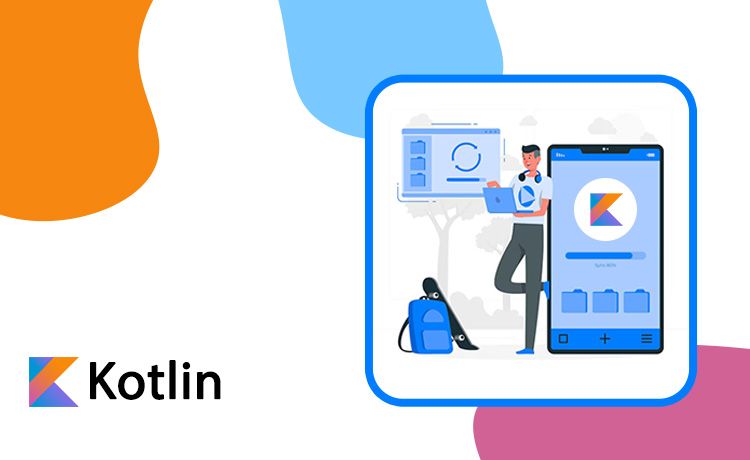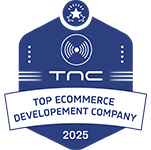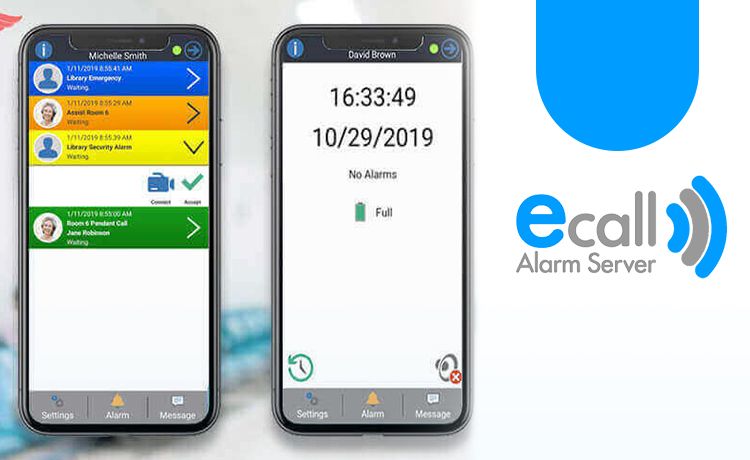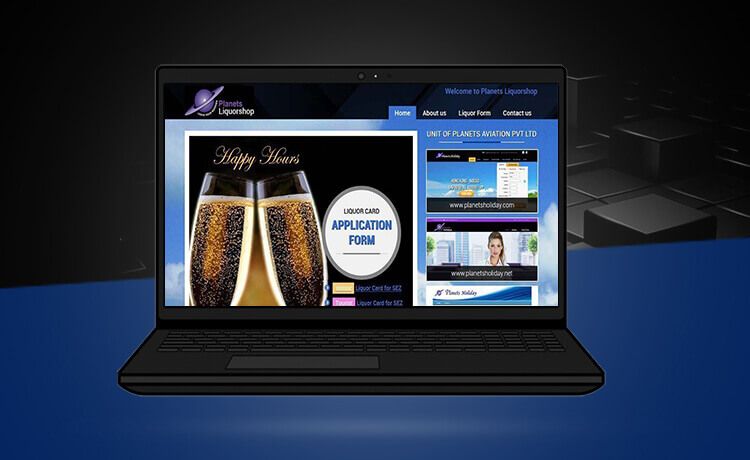Businesses can’t afford to miss their presence on platforms like Google Play or Apple App Store. According to this report, the global market share of mobile phones was valued at USD 154.05 billion in 2019 and was estimated to grow at a CAGR of 11.5% annually from 2020 to 2027.
Businesses want to penetrate deeper within the markets through highly intuitive and interesting mobile apps because the apps can easily connect businesses to users through portable devices at any time. With the rise within the adoption of variable devices and customer base for the multiple domains, the mobile market saw a drastic change with maximum growth.
But businesses look for optimal, pocket-friendly solutions. Therefore, organizations opt for native apps. This gave cross-platform apps a reason to emerge as an important and unrivaled choice for mobile app development on Android as well as iOS.
Let’s check out the top 5 Mobile App Development Cross-platform Frameworks available in 2021.
PhoneGap
PhoneGap, an open-source, cross-platform app development framework, enables mobile app developers to code during a hassle-free manner. It offers the flexibility to use different languages with no hardware restrictions to the developers. PhoneGap is developed by Adobe and it offers cloud-based solutions that permits mobile app developers to craft mobile apps directly within the platform.
Background
- It is an open-source cross-platform application development framework with Apache License 2.0
- The latest rendition of PhoneGap is 10.0.0 on 4th August, 2020.
- PhoneGap is out there for Android, iOS, Windows, and Electron platforms.
- Programming languages are JavaScript, HTML, CSS, Java, HTML5, Objective-C, C#, C++.
- PhoneGap allows the mobile app developers to urge access to Native APIs in order that your mobile app can use all the native features like camera, geolocation, accelerometer, contacts, and many more.
- PhoneGap is best-suitable if you’re trying to find an easy mobile application with a native look while saving a couple of bucks in development.
Pros of PhoneGap
- Robust backend:Bids faster development process while reducing developers efforts.
- Flexibility:Bids mobile app development with JavaScript, HTML, CSS, Java, HTML5, Objective-C, C#, C++.
- Multi-platform:BIds mobile app development for multiple platforms with native look and feel.
- UI libraries:Bids a huge UI libraries that helps in improving the viewing experience for various target viewers.
- Faster development: Bids a fast development process thanks to the suppleness and adaptability it offers.
- Large community base:Bids an outsized community base with adequate support.
- Taps onto the device hardware:Offers complete utilization of device features like camera, geolocation for better user-experience.
Cons of PhoneGap
- Not suitable for app which will have tons of graphic elements.
- Lacks descriptive documentation which will be crucial for app development.
- Not suitable for gaming apps.
Famous Applications By PhoneGap
Ionic
Now hybrid app development is simpler with the Ionic app development framework. If you're trying to find faster development of your business app, Ionic is best-suited for you. Ionic uses a single code base. It has an enormous library of tools and consists of the newest components. Ionic acquires a few iOS and Android design elements that grant it to build native-like hybrid apps and progressive web apps. Hire Ionic app developers for crafting hybrid apps that might seamlessly work on multiple devices.
Background
- Open-source cross-platform framework for hybrid app development.
- The latest rendition is 5.5.4 on 4th February, 2021.
- Ionic is built on AngularJS and Apache Cordova.
- It consists of MIT license.
- It adopts front-end technologies like HTML, CSS, JavaScript, and Angular for application development.
- Ionic is usually used for developing PWAs and native apps. If you would like to focus on both web and mobile, Ionic is suitable.
Pros of Ionic framework
- Faster development and shorter time-to-market: Ionic crafts your mobile app during a shorter period of your time for both the platforms as compared to apps built natively. If you build apps for each platform, it not only devours a lot of time but also results in barred time to market and increased costs.
- Browser support:Ionic allows browser support, proving beneficial for both developers and entrepreneurs. Ionic experts offer mobile application development with Angular using web-views within the browser. They don’t need any complex IDEs or editors but only browser web-views for building the appliance layout.
- Programming languages:Ionic uses front-end web technologies like JavaScript, HTML, CSS, and Angular. It utilizes HTML5. As a startup, you'll have to consult a number one mobile app development company that might guide your application development, aligning your business needs for both the platforms with new technologies.
- A wide array of UI components: Ionic offers a good range of plugins and UI components to reinforce Ionic experts productivity and to scale back the event time and price.
- Native plug-ins:Ionic features a lot of native plugins that help developers to urge access to native device APIs. This offers an optimal experience to the appliance users for both iOS and Android platforms.
Cons of Ionic framework
- Consists of unstable native plugins.
- Debugging is difficult with Ionic framework.
- Applications with lot of graphics and animations aren’t apt for Ionic development.
Famous Famous Applications By Ionic
React Native
React Native is a famous cross-platform app development framework for iOS and Android. It is undergoing nonstop improvement and is supported by the world. React Native is predicated on React and doesn’t involve the utilization of WebView and HTML technologies. React Native has podium components in JSX and CSS–like polyfills. Also, React Native has no DOM API. It has the potential to mix the simplest features of JavaScript and React.JS.
Background
- Open-source mobile app development framework.
- Launched by Facebook in 2015 for hybrid mobile app development.
- Initially developed in 2013 as a web-interface platform.
- The latest rendition is 0.63.
- It offers native-like experience with more stability.
- It is used for developing applications for Android, Android TV, iOS, macOS, tvOS, Web, Windows and UWP.
- It adopts JavaScript, Java, C++, Objective-C, and Python programming languages.
- It holds Android, Android TV, iOS, macOS, tvOS, Microsoft Windows platforms.
Pros of React Native
- Shorter time to market: Offers faster development because it has the potential to create applications for multiple platforms with an equivalent codebase. It shares the codebase for iOS, Android, and therefore the Web (with ReactXP and React Native for Web) Cost-effective: As one codebase is employed to develop applications for multiple platforms, mobile applications built using React Native are cost-effective because it saves time and money.
- One team for multiple platforms: As only one codebase is required, you'll have your app developed with one development team that's conversant in JavaScript. This reduces the mobile app development cost. You don’t have to employ different teams for each platform.
- Rich ecosystem: Offers an accelerated software development process thanks to its access to a plethora of libraries and tools that increases developers’ productivity.
- Ensures stable growth: Offers a group of components that display the app on a specific platform. It is the potential of app development without going in-depth on the platform, allowing the developers to target purely on application development.
Cons of React Native
- Requires new solutions to develop from scratch.
- Requires documentation upgrade.
- React Native apps face slow testing time.
Famous Applications By React Native
Flutter
Flutter is an open-source mobile app development platform developed by Google. It is an object-oriented language and contributes in app development for platforms like Android, iOS, Linux, Mac, Windows, Google Fuchsia, and therefore the web from one codebase.
Background
- Flutter was initially released by Google in 2017.
- Latest version of Flutter is 1.22.6. It was released on 26th January, 2021.
- Flutter is written in C, C++, and Dart.
- It is an application framework with BSD license.
- Flutter is employed to develop applications in Android, iOS, Google Fuchsia, Web platform, Linux, macOS and Windows.
- The main factors of Flutter are Dart platform, Flutter engine, authority library, and design-specific widgets.
- Flutter is best fitted to MVP, especially if you're a startup.
Pros of Flutter
- Speed: Faster development and saves tons of your time , effort, and money thanks to single codebase for iOS and Android platforms.
- Hot reload: Helps in making changes to the code and instantly view the results without recompiling the code. This simplifies bug fixes and experiments with different UI elements.
- Customization and fast rendering: thanks to Flutter’s layered architecture, Flutter gives you control over the pixels on the screen and allows seamless integration and use of overlays and animated graphics, videos, text, and controls.
- Less testing: thanks to the utilization of the same code for various platforms, flutter app development requires less testing.
- Same UI: Flutter offers sharing of both UI code and UI on all platforms.
- Similar to Native app performance: the appliance performance is best just in case of Flutter because it doesn’t depend upon any intermediate code representations or interpretation. The Flutter app is developed into the machine language that eliminates any performance bugs of the interpretation process.
Cons of Flutter
- Many features aren’t yet supported.
- Dart is comparatively new.
- Flutter apps require tons of space and takes longer to download and update.
Famous Applications By Flutter
Xamarin
Xamarin may be a tool used for developing cross-platform yet native applications for iOS, Android, and Windows.
Xamarin assists up Android and iOS apps with the help of C# bindings to native Android and iOS APIs that appear in native user interface, notifications, graphics, animation, and other device features.
Xamarin uses one codebase that contributes to faster development of mobile apps across all platforms. If you’re trying to find a way to give your mobile app a uniform look out on all platforms or provide a native look and feel, then Xamarin. Forms, an open-source mobile UI framework will serve this purpose.
Background
- Latest version of Xamarin is 5.0 Release 3.
- It is supported Microsoft technology stack.
- Shares 90% of the code over major platforms.
- Xamarin uses C# language and is predicated on .NET framework.
- Xamarin supports Android and Apple wearables.
Pros of Xamarin
- Same stack for all platforms: It adopt C# with .NET framework for mobile app development for any platform.
- User experience: Xamarin offers optimal user experience thanks to its use of platform-specific UI elements.
- Hardware support: Xamarin dispose of hardware compatibility issues and has the capability to work with familiar devices across the platforms.
- Maintenance: Xamarin has maintenance and updates easier thanks to its cross-platform nature. It clarifies easy deployment of changes and updates for both iOS and Android apps.
- Resources: there's tons of learning resources available on Xamarin to assist people develop technical skills on this framework.
- Support: Xamarin supports portable versions for several platforms for TVs, wearables,and IoT.
Cons of Xamarin
- It faces compatibility argument with third-party libraries and tools.
- Xamarin apps are large as analyzed to their native counterparts.
- Xamarin allows limited access to open source libraries
Famous Applications By Xamrain
In a nutshell
Cross-platform app development offers enough mileage to startups, SMEs, large enterprises within the mobile market. As Android and iOS are the two dominant platforms in the mobile app development world, cross-platform app development is paving the way towards advancement and modernization . To choose the excellent cross-platform app framework for your project, you need an adroit consultation from a leading cross-platform app development company to make an informed decision. With the proper technology framework, you'll get a business app that’ll provide a rapid climb in your business.
